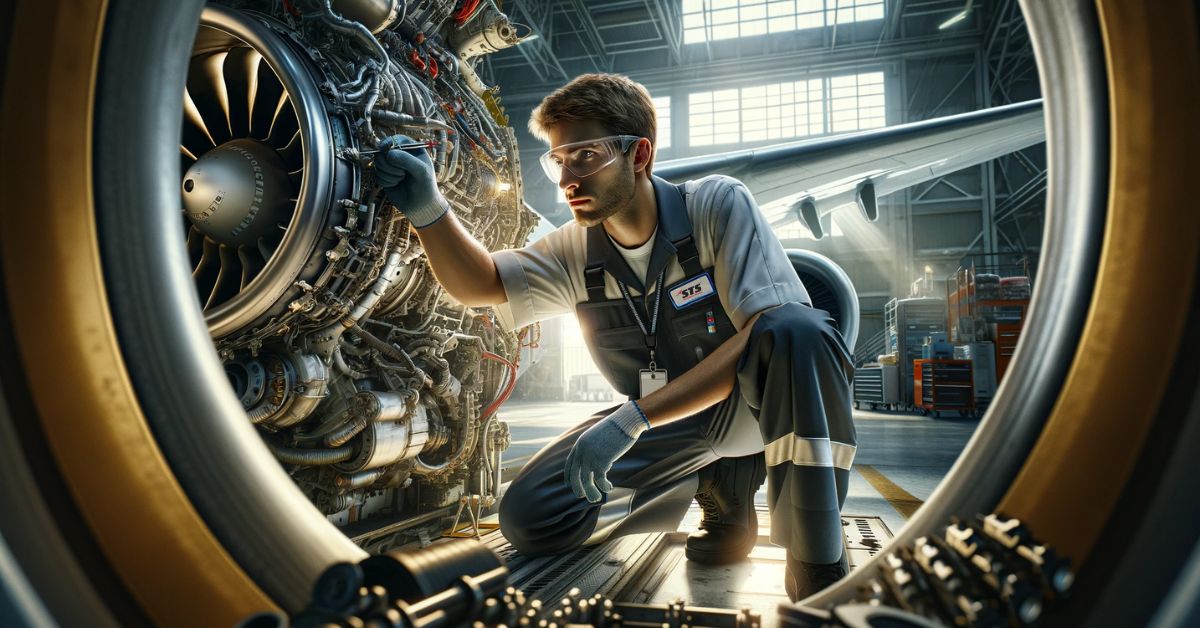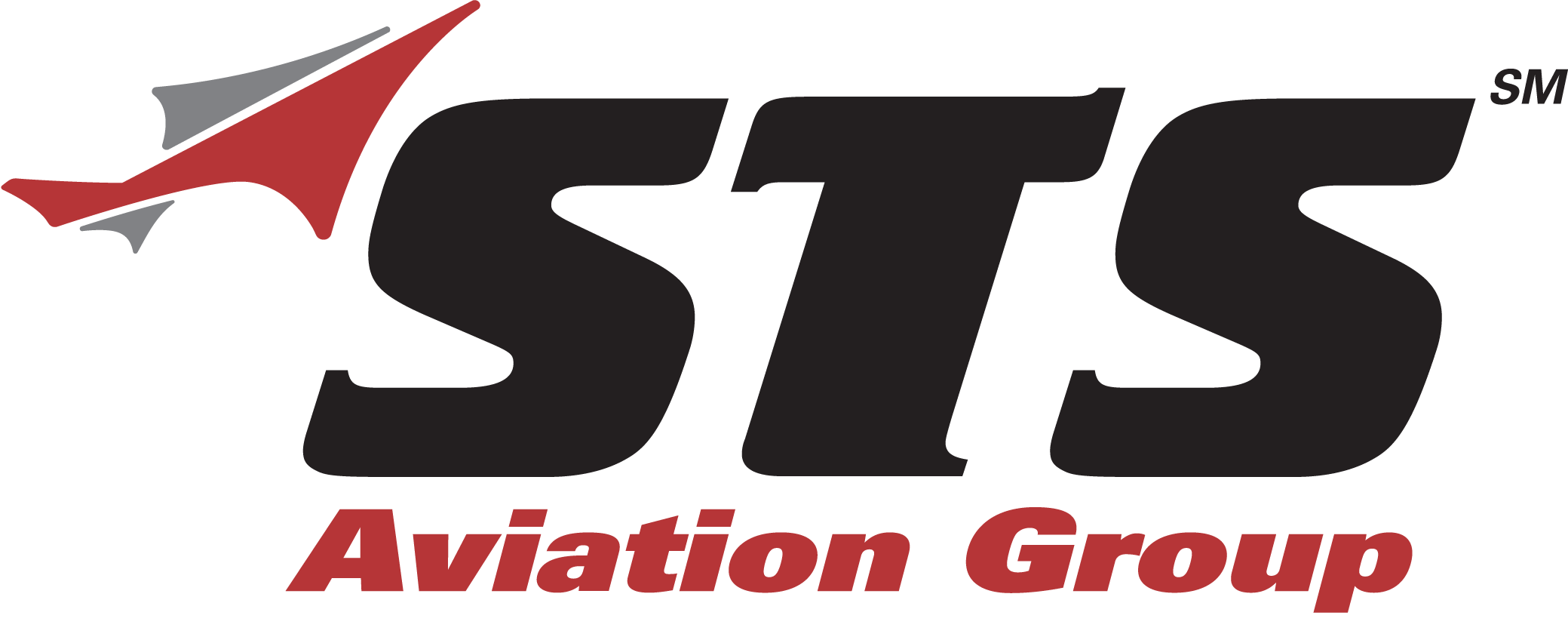The Future of Aircraft MRO Industry

In the rapidly evolving world of aviation, the Maintenance, Repair, and Overhaul (MRO) sector stands as a pivotal component, ensuring the safety, efficiency and longevity of aircraft operations. As we venture into the next 5 to 10 years, the industry is poised to witness significant transformations shaped by technological advancements, changing regulatory landscapes and the ever-growing demands of global aviation.
Current Landscape and Emerging Trends
Today, the MRO industry, recovering from the impacts of the global pandemic, is experiencing a resurgence in demand. With the global fleet nearing full recovery and passenger traffic reaching pre-pandemic levels, MRO services are more critical than ever. However, this resurgence brings forth a set of challenges and opportunities. The adoption of new technologies such as predictive maintenance, powered by big data and AI, is revolutionizing how MRO services are delivered. Additionally, the shift towards more sustainable practices is prompting the industry to explore eco-friendly alternatives in aircraft maintenance.
Challenges on the Horizon
One of the primary challenges facing the MRO industry is the skilled labor shortage. The sector requires a highly specialized workforce, and the growing demand for MRO services is exacerbating the need for skilled technicians. Furthermore, the complexity of newer aircraft models demands continuous training and upskilling of the workforce. Another significant challenge is the supply chain disruption, largely influenced by geopolitical tensions and global economic shifts. Ensuring a reliable supply of parts and managing costs have become critical aspects of effective MRO operations.
Innovation and Adaptation
Looking forward, the MRO industry is set to embrace a wave of innovation. The integration of advanced technologies like 3D printing and robotics in repair and maintenance processes is not just a possibility but a looming reality. These technologies promise to enhance efficiency, reduce turnaround times and offer more cost-effective solutions. Moreover, the industry is increasingly moving towards a data-driven approach, where predictive analytics will play a crucial role in preemptive maintenance, thereby reducing downtime and improving safety.
Sustainability
Sustainability will be at the forefront of the MRO industry’s evolution. Eco-friendly practices, including the use of sustainable materials and the adoption of green technologies, will become increasingly important. Airlines and MRO providers will collaborate closely to ensure that the environmental impact of aviation is minimized, aligning with global efforts to combat climate change.
Preparing for a Dynamic Future
As we look towards the future, the MRO industry stands at a crossroads of challenges and opportunities. Embracing technological advancements, addressing the skilled labor gap, and committing to sustainable practices are key to navigating the future landscape. For STS Aviation Group, staying ahead of these trends is paramount. By investing in technology, focusing on workforce development and prioritizing sustainability, STS Aviation Group is well-positioned to lead the charge in shaping the future of aircraft MRO services.


